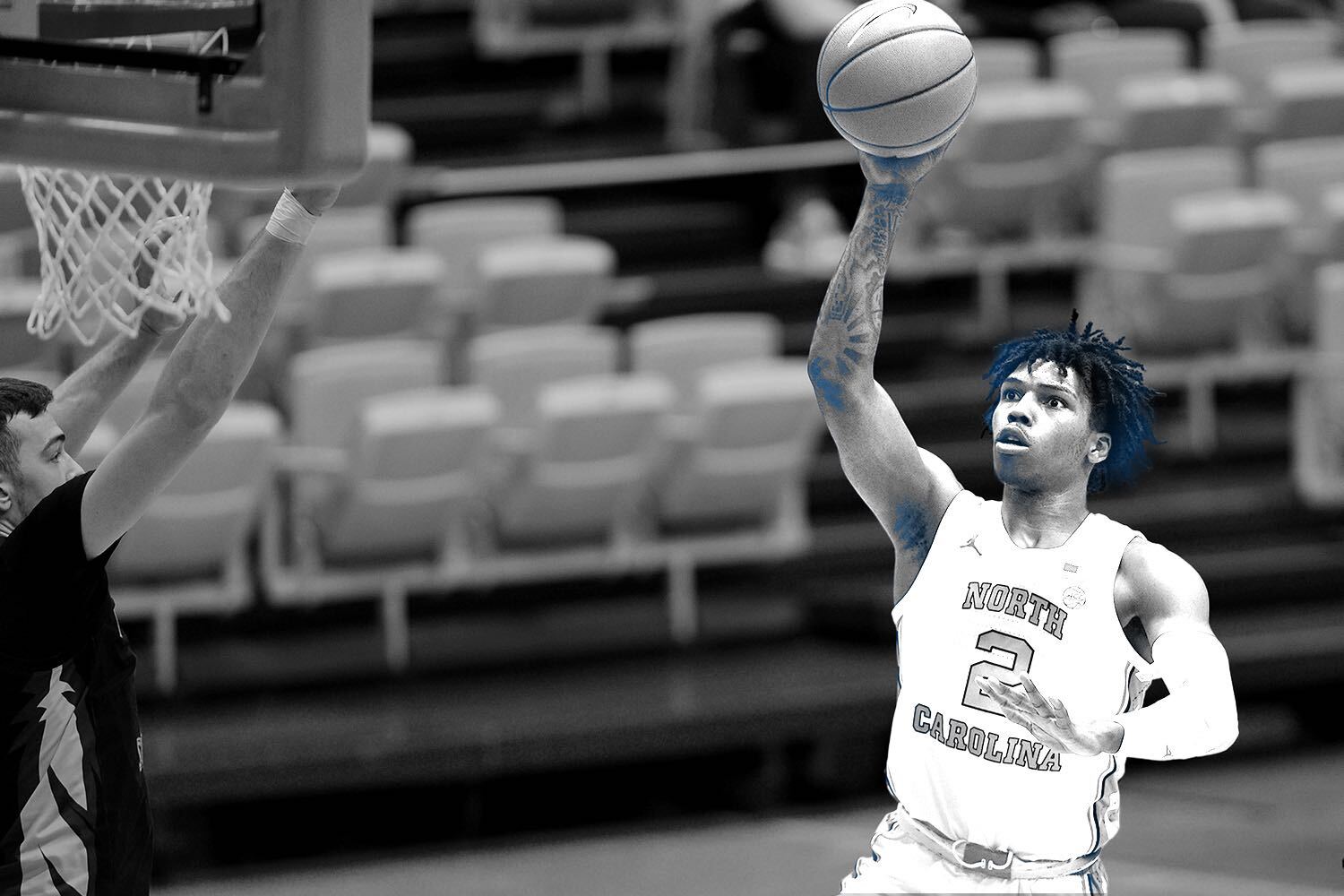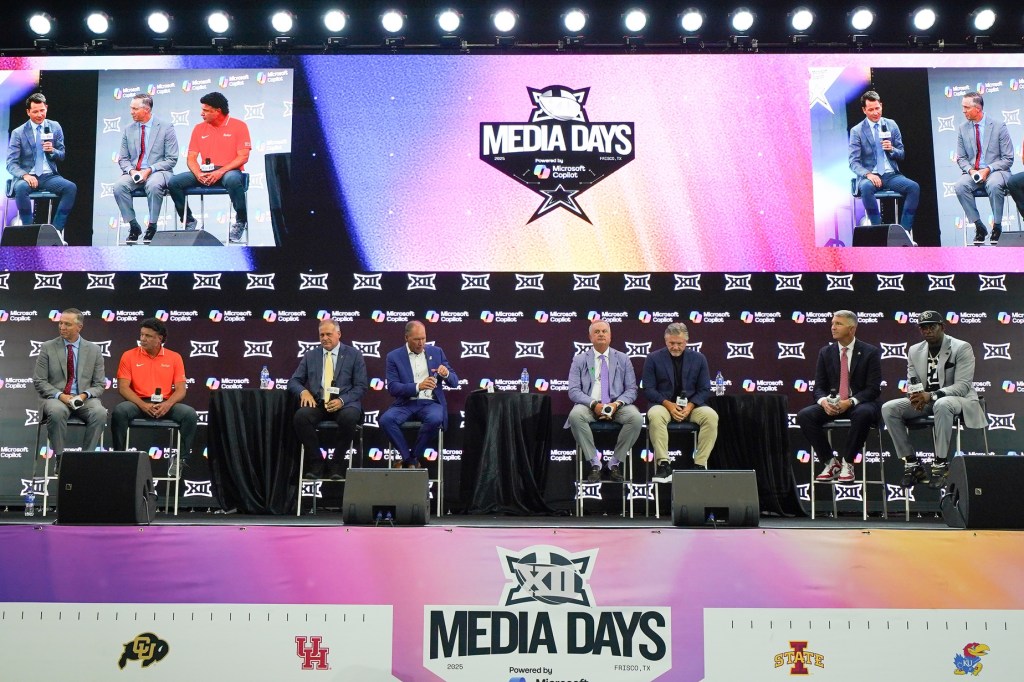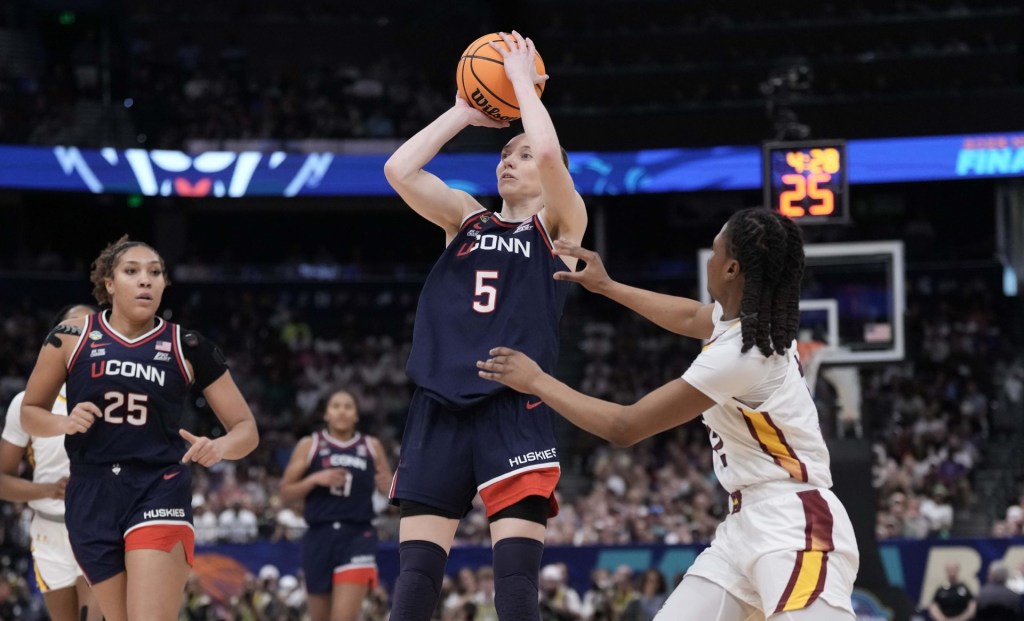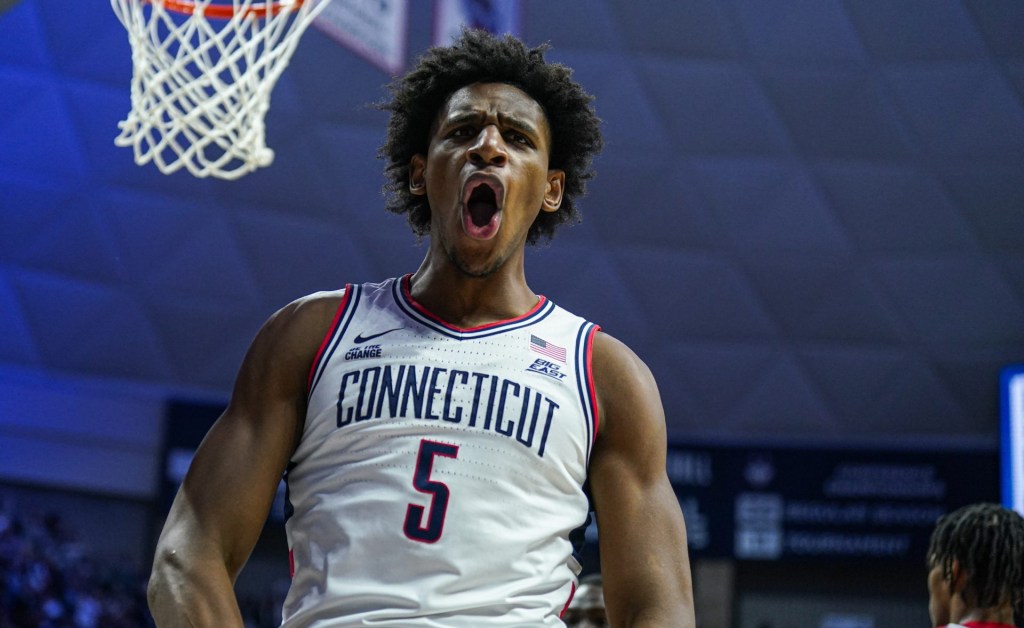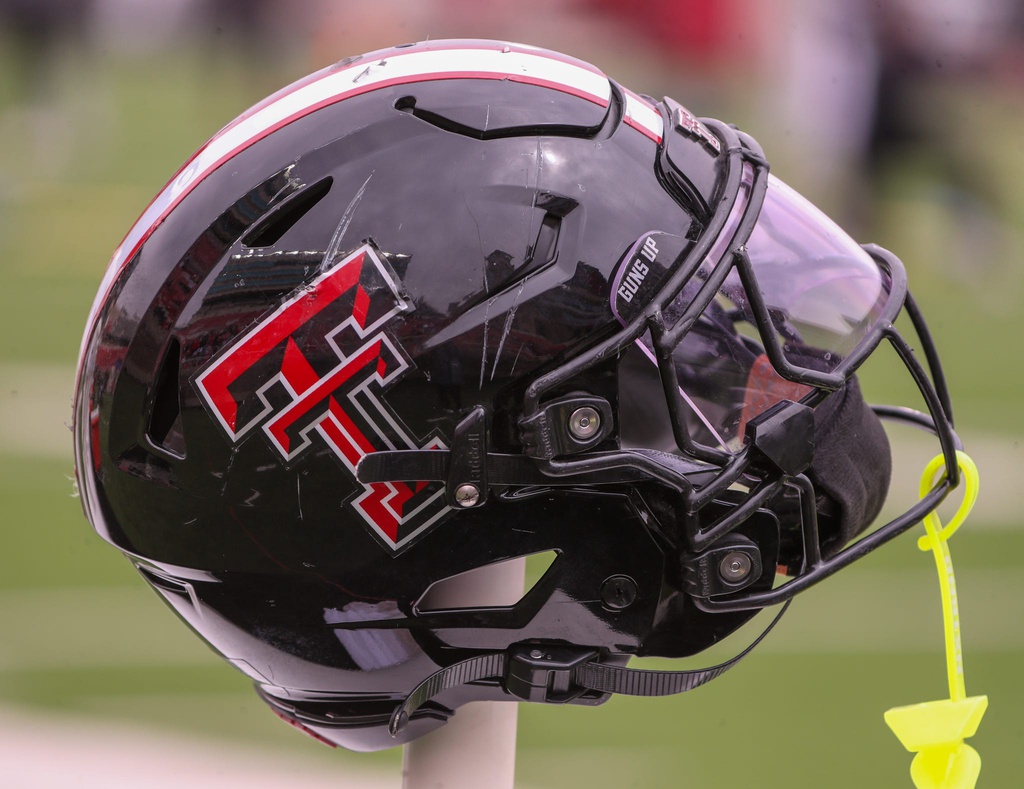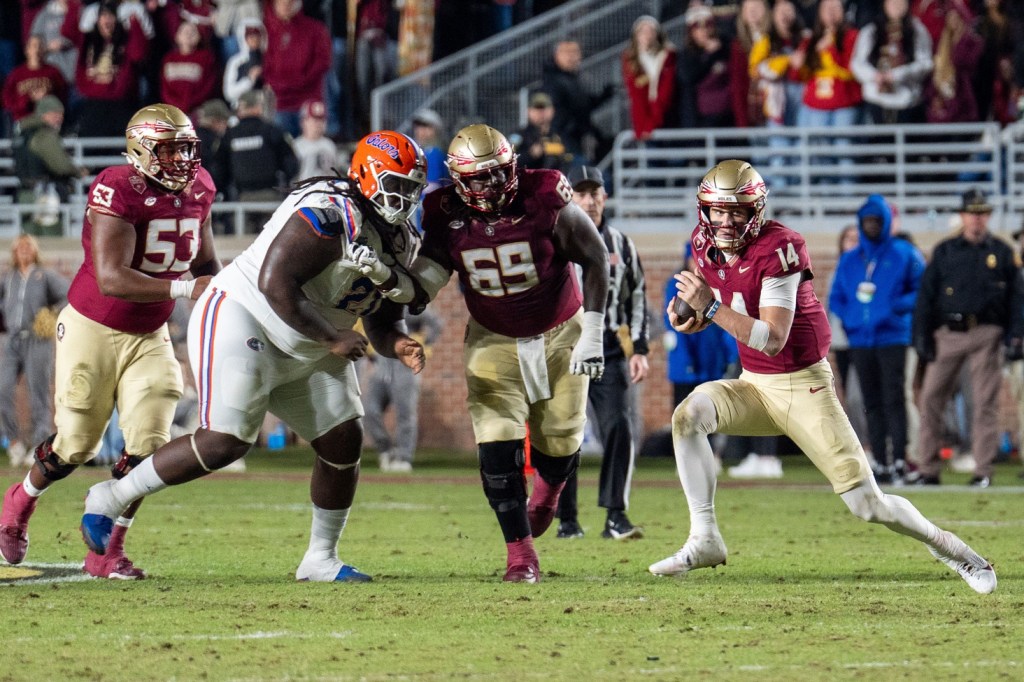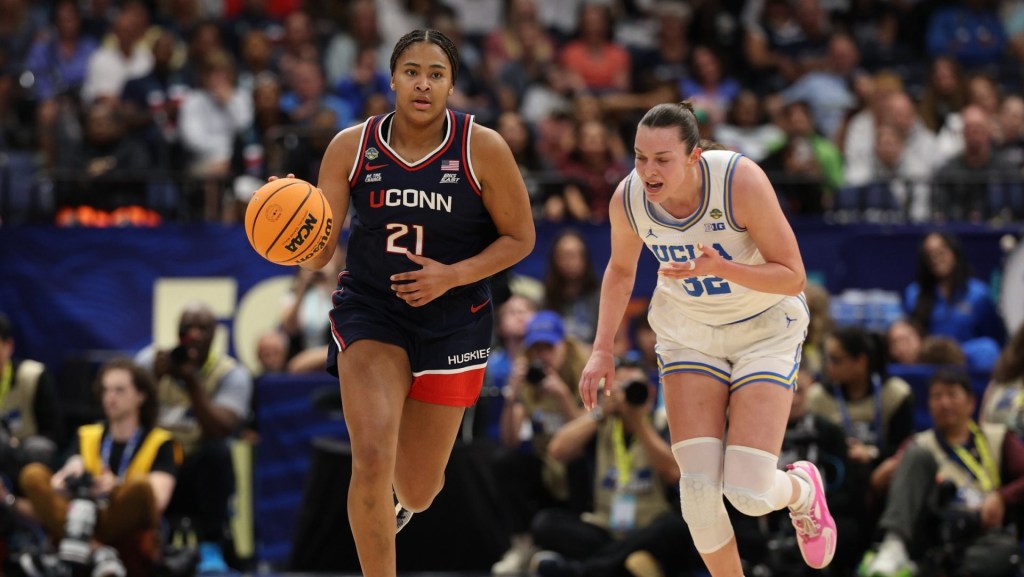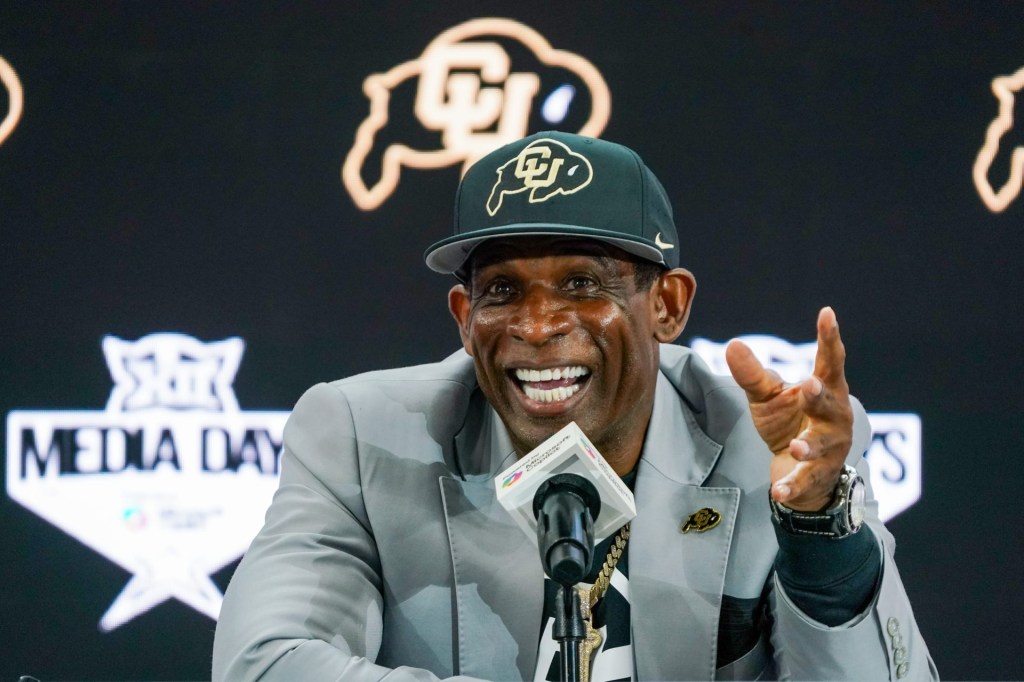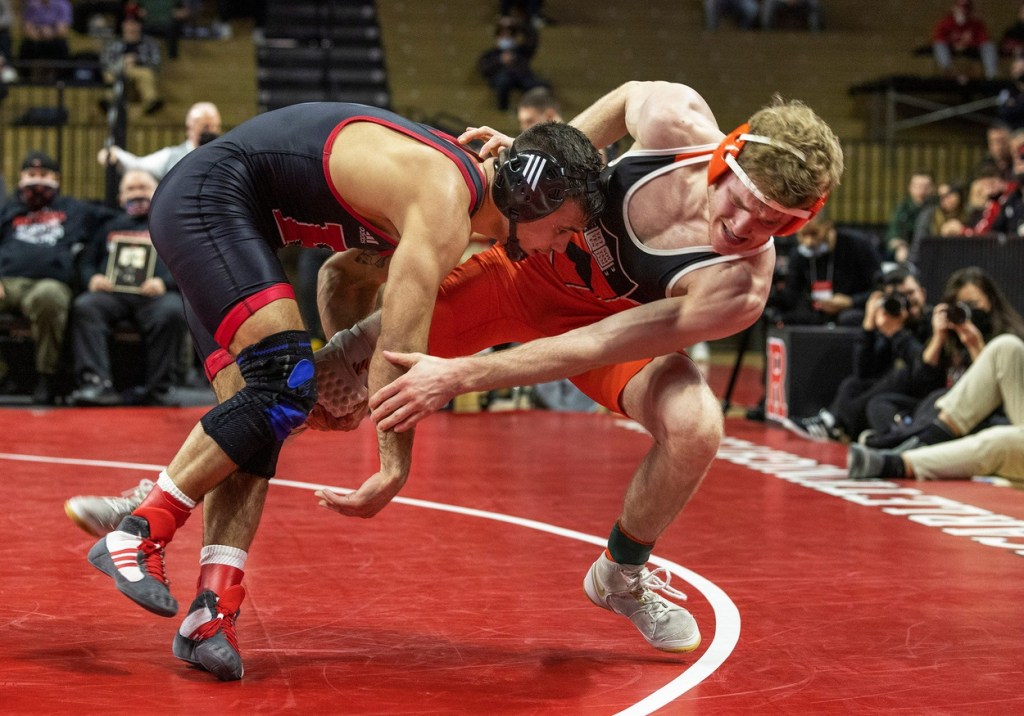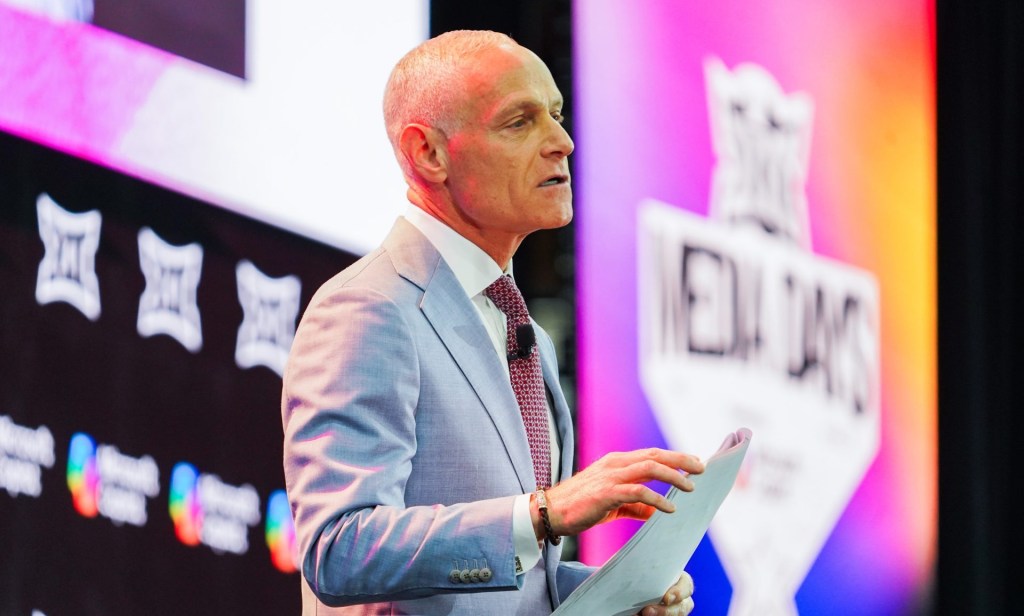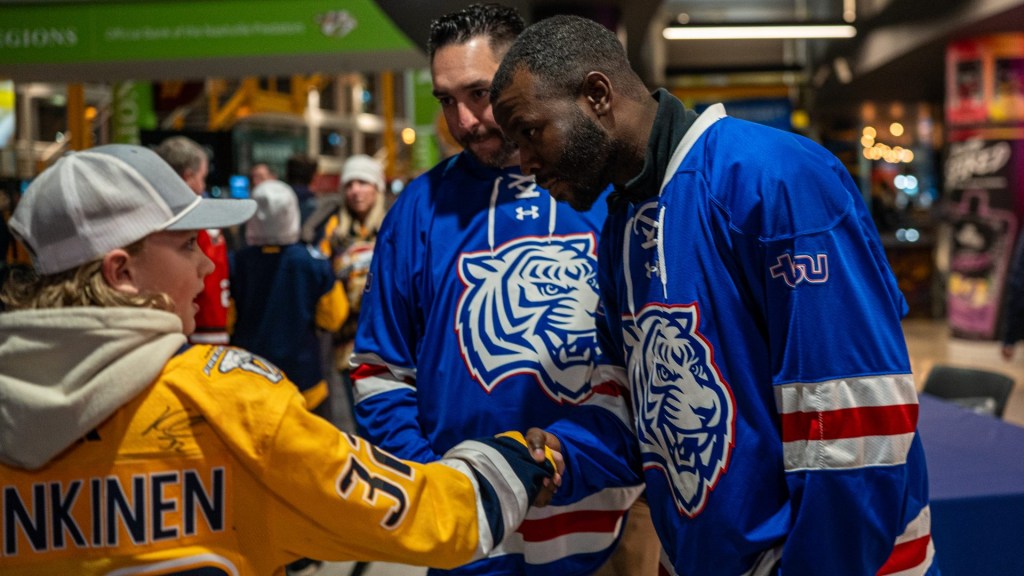Before NIL rules were finalized, it was unclear if group licensing would be possible in college sports. The NCAA itself said it wouldn’t be.
But now, deals have popped up all over the country.
The practice of selling multiple players’ rights together, often in conjunction with team logos, is common in the pros. It’s how athletes get paid for the most popular sports products, from jerseys and trading cards to NFTs. It also facilitates sports video games.
In the first three months of the NIL era alone, we’ve seen Panini America sign a deal to make physical and digital trading cards featuring college athletes and schools begin to manufacture jerseys with athletes’ names on their backs.
“What group licensing offers an athlete is an opportunity to maximize their value through collective rights,” SVP of Licensing for OneTeam Partners, Malaika Underwood, told FOS.
NCAA’s Flawed Logic
In pro sports, group licensing deals are facilitated through unions. Before July 1, the NCAA said that since college athletes aren’t employees and can’t unionize, they couldn’t do similar deals.
But that’s been disproven.
In the NIL era, these companies haven’t needed unions. They’ve gone directly to athletic departments or NIL companies like Opendorse and INFLCR to get access to large numbers of athletes. Then, they’ve facilitated deals where athletes can “opt in.”
“I think that the NCAA just lacks some knowledge and understanding of group licensing,” Underwood said.
The Brandr Group, a OneTeam affiliate, told both schools and the NCAA “beforehand” that group licensing was possible, and continues to do so now. “Whether or not there’s a union is irrelevant,” Wesley Haynes, founder and President of The Brandr Group, told FOS.
With regards to the NCAA’s position, “we always laughed about it, frankly,” Haynes said.
Many Ways To Profit
So far, a few categories of group licensing deals have emerged.
The Brandr Group, for example, has facilitated programs specific to athletic departments. At least a dozen major schools have signed up.
UNC was the first — it already has 11 companies working on products with its athletes, from NFTs to personalized snacks. (Michigan was the first to sell athlete-specific jerseys, but it didn’t have a full-fledged group licensing program.)
In at least one conference-wide example, Pac-12 athletes can opt into a group licensing deal to use Pac-12 network footage and highlights.
Then there’s the sort of deal Panini America struck, which includes athletes from many different schools across the country. It “illustrates the broad scale potential of group licensing,” Underwood said. “It’s going to lead to some really cool consumer products.”
Group licensing profits may not be the largest chunk of an athlete’s endorsement portfolio, but they’ll be “complementary” to individual NIL deals, Underwood said.
An Early ‘Foundation’
It’s too early to say which category of deal may become most popular.
Haynes believes athletic department-wide deals will rule the day.
Underwood said nationwide deals, like Panini, will create a “foundation” to establish a group licensing blueprint. “These are going to be 3,000 miles wide,” Underwood said. More local deals could follow, as well as those spurred by a team’s on-field success.
But here’s one early observation: There’s already a noticeable market for products featuring women’s and Olympic sports athletes, according to Haynes.
“We’ve always felt as though the benefits of group rights would, of course, be there for football and basketball,” Haynes said. “It’s been a pleasant surprise” that other sports appear popular, too.
In the NCAA, group licensing isn’t going anywhere — especially after the NLRB released a memo suggesting athletes could be employees and unionize.
For group licensing companies, that reality would be business as usual. For athletes, it would be just one more tool to negotiate.
